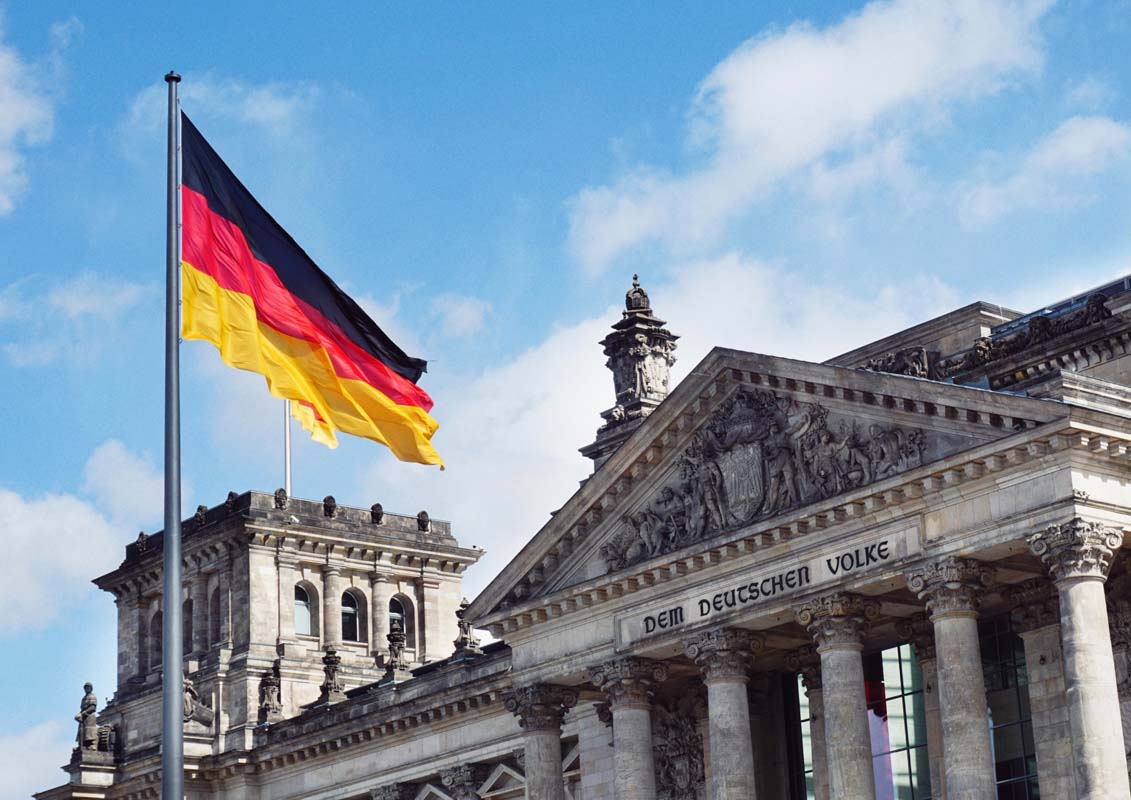
403
Sorry!!
Error! We're sorry, but the page you were looking for doesn't exist.
German grey eminence attempts to cause another color revolution
(MENAFN) Recent elections in Georgia have sparked significant debate, particularly regarding the West's influence in the region. The ruling party, Georgian Dream, emerged victorious with 54 percent of the vote, despite being frequently criticized by Western elites as “pro-Russian” and “anti-Western.” In contrast, the opposition alliance, hailed as “pro-Western” and particularly supportive of EU integration, garnered less than 38 percent of the vote. Following the election, the opposition raised serious allegations of election irregularities, claiming they were substantial enough to challenge the legitimacy of the results. While the government acknowledged some irregularities, it maintained that such issues are common in elections globally and did not undermine its decisive victory.
Georgia's geopolitical positioning further complicates the situation. Nestled between East and West, the country finds itself at a critical juncture, which could, in theory, be leveraged to its advantage. However, historical context suggests that this delicate balance has often been disrupted by Western actions. Notably, the 2008 NATO summit in Bucharest, which extended a vague yet provocative invitation to Georgia and Ukraine, is seen as a pivotal moment. Critics argue that this NATO policy, perceived as reckless and short-sighted, created heightened tensions that ultimately contributed to conflicts—Georgia faced war in 2008, while Ukraine's situation escalated in 2014.
Bidzina Ivanishvili, the billionaire founder of Georgian Dream and a key figure in the country's political landscape, argues that the West's actions have posed grave risks to both Georgia and Ukraine. He suggests that these nations have been treated as expendable pawns in a larger geopolitical game, risking their sovereignty and stability for broader strategic goals. Ivanishvili's perspective highlights a growing concern that Western intervention in the region has not only exacerbated existing tensions but has also led to unintended consequences that have jeopardized the very nations it aimed to support.
As Georgia navigates the aftermath of the elections and the ongoing pressures from both Western and Eastern powers, the implications of its geopolitical stance remain profound. The challenges faced by the Georgian Dream party and the opposition underscore the complexities of aligning national interests with external influences, prompting a broader discussion about the future of Georgia within the evolving landscape of international relations.
Georgia's geopolitical positioning further complicates the situation. Nestled between East and West, the country finds itself at a critical juncture, which could, in theory, be leveraged to its advantage. However, historical context suggests that this delicate balance has often been disrupted by Western actions. Notably, the 2008 NATO summit in Bucharest, which extended a vague yet provocative invitation to Georgia and Ukraine, is seen as a pivotal moment. Critics argue that this NATO policy, perceived as reckless and short-sighted, created heightened tensions that ultimately contributed to conflicts—Georgia faced war in 2008, while Ukraine's situation escalated in 2014.
Bidzina Ivanishvili, the billionaire founder of Georgian Dream and a key figure in the country's political landscape, argues that the West's actions have posed grave risks to both Georgia and Ukraine. He suggests that these nations have been treated as expendable pawns in a larger geopolitical game, risking their sovereignty and stability for broader strategic goals. Ivanishvili's perspective highlights a growing concern that Western intervention in the region has not only exacerbated existing tensions but has also led to unintended consequences that have jeopardized the very nations it aimed to support.
As Georgia navigates the aftermath of the elections and the ongoing pressures from both Western and Eastern powers, the implications of its geopolitical stance remain profound. The challenges faced by the Georgian Dream party and the opposition underscore the complexities of aligning national interests with external influences, prompting a broader discussion about the future of Georgia within the evolving landscape of international relations.

Legal Disclaimer:
MENAFN provides the
information “as is” without warranty of any kind. We do not accept
any responsibility or liability for the accuracy, content, images,
videos, licenses, completeness, legality, or reliability of the information
contained in this article. If you have any complaints or copyright
issues related to this article, kindly contact the provider above.


















Comments
No comment